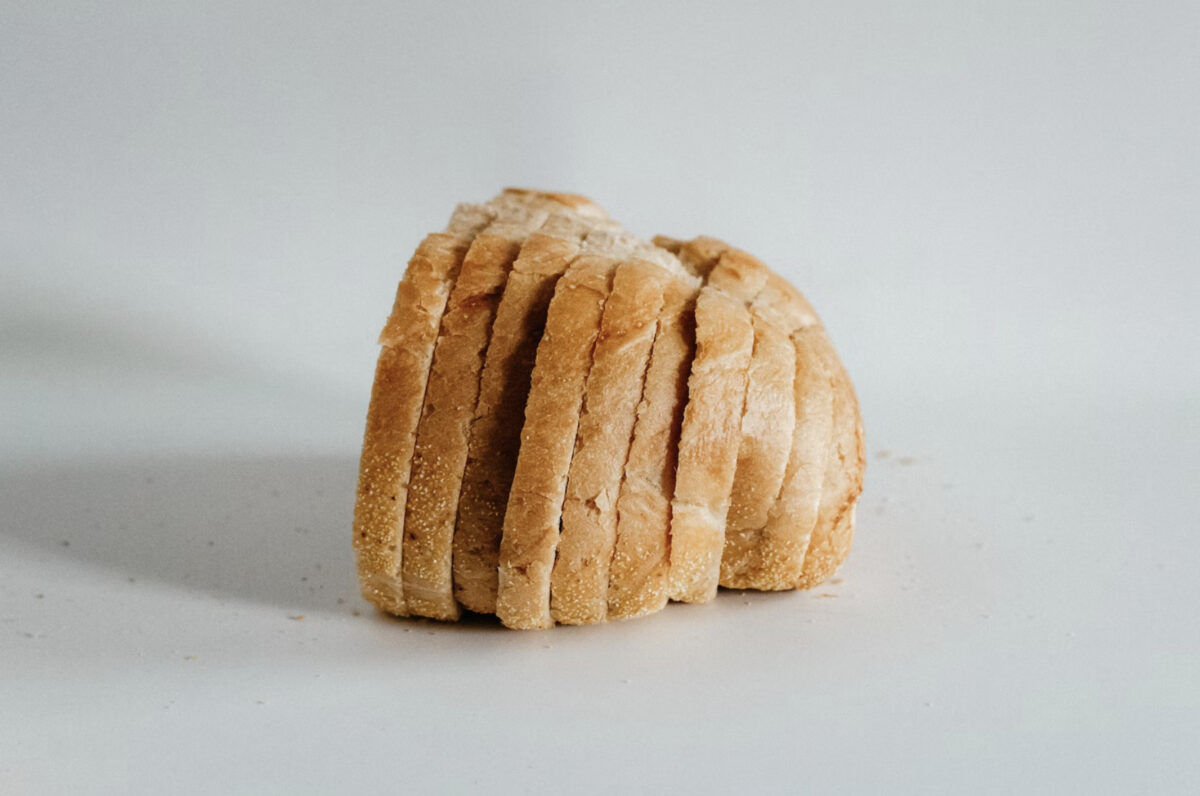By. Dr. Tamara Kung, ND
In my practice, I see carbs as a reason so many of us struggle with eating, feeling guilt, shame, and fear around food. Nutritional fads and diets that call for low carb, or severe carb restriction has made us weary of carbs. The long-term consequences, unfortunately, are that we are unknowingly limiting a crucial element of our nutrition.
Blanket statements that come with low carb diets are unsustainable, but also to generalized and can cause more harm (mentally and physically) than good. When we are told to avoid carbs, we think, wow, that’s all my chips, crackers, cakes, cookies, bread, pasta… OK. well fine… I can do that… (when does it end again??) It also means reducing sweet potatoes, chickpeas, lentils, farro, black beans, oats, and delicious fruit. Now that’s just torture!
In our modern diet, the lack of fiber may be the most influential reason for poor gut health, chronic disease, and stubborn weight. In a previous article, we discussed why insufficient fiber means we are starving all our good bacteria, putting them at risk for extinction, and severely hampering our ability to build a strong, healthy barrier to the outside world. That’s why your gut is so important and intimately tied with our immune system. We’re basically an elaborate tube with an outer and inner layer that faces non-stop external threats.
People are told to focus on cutting out carbs, but they may not realize that carbs can be good for you – if you know the distinction between healthful (real foods like lentils, legumes, vegetables and fruits and whole grains) vs. harmful (processed/ fake foods).
- Example 1: a cup of cooked steel cut oats is 10g of fiber, and 1 cup of raspberries give you 7g. A raspberry oatmeal = 17 g of fiber!
- Example 2: A Hamburger can have 1 gram of fiber, and soda 0g. Total = 1 g of ifber.
We in the West have a fixation with proteins, fat, and carbohydrates. They are the main talking point when it comes to nutrition and are what diet trends fixate on, along with what the marketing on packages focus on. Yet with all this attention, we still have incredible issues with weight, bloating and other symptoms. Why is this? What’s missing?
The science is showing it’s because we are consistently forgetting about fiber. Fiber is a macronutrient too! Did you know that? Because our human cells don’t actually break it down or absorb it, the nutritional realm has passed fiber off as something that just… well you know, makes you poop.
We are all learning that we need fiber just as much as any other macronutrient to thrive. Just because our cells don’t use it doesn’t mean it’s not necessary.
When you think of how many microbes live within us, you quickly realize how outnumbered our human cells are. There are 39 trillion microbes in and on us – making the ratio of microbes to human cells 10:1. That’s right. We contain more microbes than we do human cells.
Over millions of years, a symbiotic relationship evolved with these amazing microbes that produced anti-inflammatory chemicals for us, neurotransmitters like 90% of our serotonin and 50% of our dopamine, vitamins, and a plethora of other life-dependent functions that we are just starting to uncover and understand. Not to mention the most anti-inflammatory molecule short-chain fatty acids (SCFAs) which get absorbed into our bloodstream, lowering inflammation throughout our entire body, including our brains!
SCFAs are also the main energy source for the cells that make up your colon. When these cells are flooded with energy, they can then heal, regenerate, and proliferate, leading to a healthy, robust and happy gut. What is called “leaky gut” can be sealed once again when we have a strong defense of healthy cells that protect our inside selves from foreign molecules that are meant to stay out of our blood stream.
On plant-rich diets, the gut produces more short-chain fatty acids. On animal rich diets, the gut produced more inflammation, carcinogens, and hydrogen sulfide which is a chemical that damages our DNA and produces gas.
There is no fiber in eggs, dairy, or meat! This is not to say never eat animal products. Most cultures worldwide do consume them, but in much smaller quantities and frequency than we do in North America. Their diets are more balanced.
The Yanomami tribe of the Amazon jungle have the richest microbiome recorded, meaning they have an incredibly diverse ecosystem of gut flora. The key is thought to be from their high fiber intakes, which average 120 grams daily, that’s eight times more than the average North American.
The average North American gets less than 3% of the daily recommendation of 30g. That is SAD (aka Standard American Diet) in action.
The point of learning to eat for your health is to trust in Real Food – avoiding or limiting processed foods with their labels and packages that sound like they are trying to convince you. A simple strawberry does not have to tout anything, it already knows it is the best. Each step of processing causes a food to lose its fiber. Fake Foods have to do a lot more work to do in order to convince us why we should eat these fiber depleted, shades of beige, bags of chemical concoctions.
Yes, that means eating for good health may require a change in food choices, and what you put in your cart. It can also mean a reset on your thoughts about carbs. They are good for you, and the right ones are incredibly important for overall health, including fat loss. A change in what you choose to put in your mouth may include adding some roasted cauliflower to your taco bowls, trying out a thai chickpea peanut butter burger, putting lentils in with your oatmeal, and all the fresh peaches, berries, and mangoes you desire instead of luncheon meat sandwiches, chips, and cookies.
If we give ourselves some time, our body has the ability to learn to enjoy food that gives you something positive in return. This is something that continues to surprise me in practice – how quickly patients’ palettes can change. Often finding processed fake foods to be too sweet or salty, and associating their feelings of better energy, skin, digestive health and weight loss when they are eating real foods more often.
Fun fact – our taste buds renew in just 10 days, so give yourself some time, because YOU DO have the ability to evolve!


